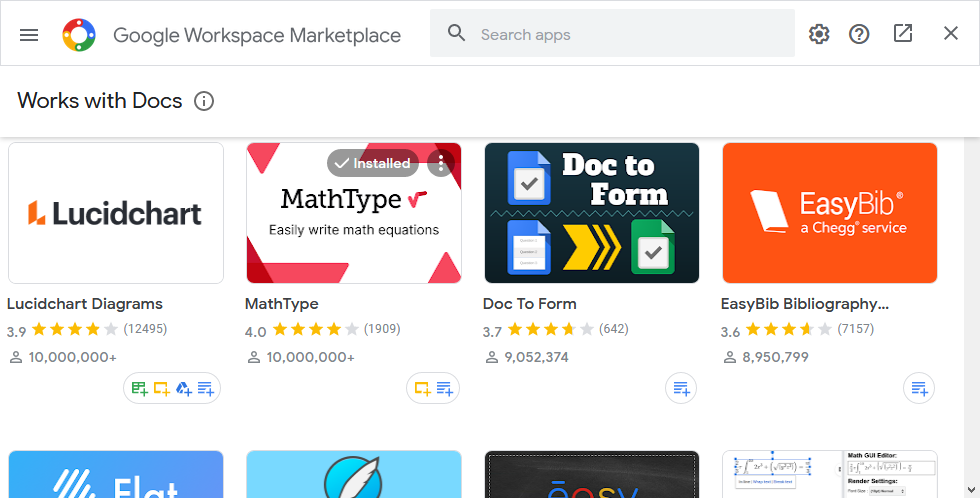Should YouTube's algorithm recommend conspiracy theory videos? Should twitter recommend tweets that disagree with the WHO? Should Facebook recommend things that'll make you angry?
There's countless such questions about recommender algorithms, usually with good arguments on both sides.
But the elephant in the room that all these arguments take place in, is that the problem isn't so much how to design the algorithm, but why do we only have one choice?
My suggestion is that sites with recommender algorithms will have a system that lets everyone write their own algorithm, upload it, and use it instead of the companies algorithm, or use an algorithm uploaded by someone else.
The algorithms would be selected through an add-on-shop-like interface, and could have further options for the users to tweak through a UI.

This will move the argument from "How should the one algorithm be designed", to the much easier problem of just designing an algorithm you're happy with and uploading it, or finding one that was already uploaded.
When it comes to large companies like Facebook, YouTube, Instagram, Twitter, etc. I would force them to implement such a system, and use a simple no-filter chronological order algorithm in their feeds as a default (then offer their own algorithm as one choice among the other choices).
With everyone able to choose their own algorithms, we'll be one step closer to a social media landscape that works.
Current algorithms are made to maximize clicks, view time, engagement, etc... Things that result in ad revenue or in keeping you on for as long as possible (and thus, ad revenue). What would incentivize these companies to allow you customize your algorithm in a way that would likely reduce your overall value to them?
As for the polarization problem - it’s bad enough already, and existing solutions don’t seem to be working very well to solve it. Might as well try new things. Nothing is as polarizing as cable news anyway.
Right, i assumed it was common knowledge at this point that companies make their algorithms that way for this reason, and that they don't have an incentive to change them, so i didn't even mention it.
And this is true for any discussion about how the algorithm should be different, you either need to find a way in which the companies have an incentive to make the change, try to compete with them, or force them to do it.
So i suggested to solve this by forcing the big ones to do this by law (I don't think small social media sites should be regulated, the only ones that should be regulated are those that dominate the market through network effects, especially if they're utility-like).